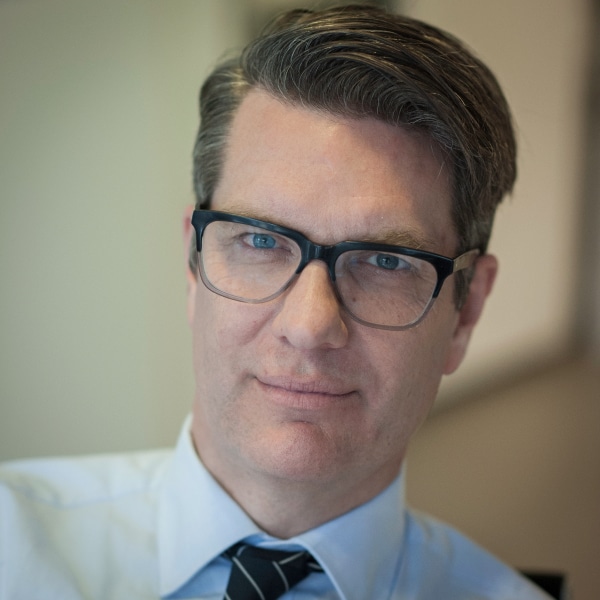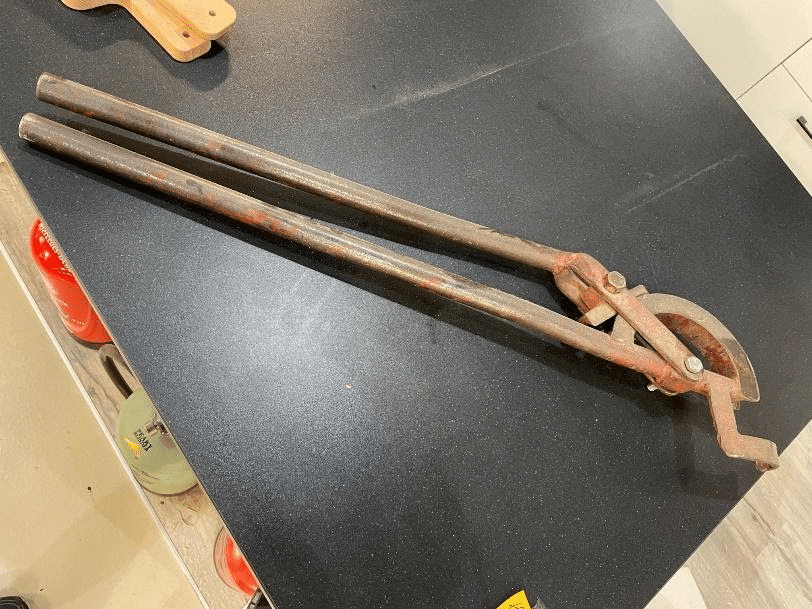
About Arno Jacobs
After graduating from Leiden University, Arno was sworn in as a lawyer in 1996. He mainly focuses on civil construction law.
In 2013, Arno wrote the Practice Book ‘Losses due to delays in construction’ which was published by the Netherlands Institute for Construction Law. In 2022, the revised and expanded second edition was published, containing 284 pages, twice the original book.
In the same year, Arno co-authored the preliminary opinion published by the Construction Law Association entitled ‘Legal aspects of concurrent causes of delay and Inefficiency in Construction’.
Arno also likes to run. In 2021 he ran the Rotterdam marathon and can now call himself a marathoner. He followed that up with the New York Marathon in 2022, which became a very busy year.
Finally, Arno serves on the board of the ReachAnother Foundation. This foundation is committed helping treat babies born with congenital neural defects such as spina bifida and hydrocephalus in Ethiopia so they can live a fulfilling life.
Arno regularly lectures for the Netherlands Institute for Construction Law, professional organisations in the construction industry and gives in-company training at construction and installation companies.
Why construction law?
My father was an independent plumber and worked hard to make ends meet with his one-man business. When I was a schoolboy the summer holidays seemed to last for ever, and of course, I was often bored out of my mind. That was the cue for my father to take me along to one of his ‘jobs’. I wasn’t really interested in the plumbing work, but hanging out on a building site was a huge adventure for an 8-year-old. You were allowed to help everyone, and naturally all the builders were kind to a young boy. Running between excavators, digging in piles of sand or playing hide-and-seek on the scaffolding. No one had heard of safety measures in those days! They say that smells open up certain memories, and I have that whenever I visit a construction site: the smell of mortar and wet wood take me back to my youth.
Fast forward to 1992: I am on the student association committee and I get assigned the task of maintaining our building. During my year on the committee, a plan is hatched to move the society to a new location and I’m to lead the project. We were in for a steep learning curve. Building plans had to be drawn up, quotations reviewed, contracts written, etc. etc. In the meantime I’d started a minor in construction law – taught by Prof. Matton van den Berg – and he sparked my enthusiasm so much that I also decided to write my thesis with him.
What are the main problems in construction law?
From what I have always understood, as Koos Rozemond succinctly explained construction law to Bart van Ramshorst: you went to where there was construction injustice and worked hard to get justice for your client. If you did a good job, and the judges and arbitrators did too, then construction justice occurred naturally. I fully support this line of thinking.
The key condition is that justice and arbitration remain accessible and affordable to parties who experience injustice in construction law. Because of its specific knowledge of the industry and way of doing business, the Arbitration Board is the ideal forum for settling construction disputes. That has always been effective and will remain so. At Rozemond, we litigate about the dispute, not about the work, and it surprises me that you see this approach less often these days. It regularly happens that proceedings are about something fairly straightforward but become vastly bloated because parties do not know how to limit the length of their documents and the volume of supporting evidence they present. All this extra paperwork increases the arbitration costs. This adds to the seemingly inflated cost of arbitration too.
So, to answer the question: the main problem in construction law at the moment is that because of these rising arbitration costs, clients are inclined to accept the construction law injustice rather than seeking the justice they deserve.
What do you think needs to change?
The solution is obvious: as the courts are now doing, there should be a limit set on the volume of the litigation documents and this should be pro-actively monitored by the Arbitration Board.
What is your favourite tool or finished work?
That has to be my father’s pipe benders, pictured below.

Registrations
Pertaining to article 35b, paragraph 1, of the Dutch Legal Profession regulations. Arno Jacobs has registered the following areas of law in Netherlands Bar Association register:
- Construction law
In accordance with the Netherlands Bar Association standards, this registration requires me to obtain ten training credits for each area of law registered.
What clients say about Arno
‘I often have to explain details to other lawyers, but I never have to do that at Rozemond. Sometime I think: find a loophole! With other firms, I often have to make suggestions, at Rozemond, they always come up with good solutions. Arno makes legal matters sound exciting.’
Martin de Jong
‘Pleasant, sharp and effective. Even though it’s nerve-racking, our humour helps us relax, and it’s always like that with Arno too. He knows us, knows how we work, and exactly what makes us tick. He knows our culture and speaks our language; in other firms I hear ‘I’m busy now, I’ll pass your case on to a colleague.’ Rozemond doesn’t do that, and that what I like about them. I don’t give up easily, and neither does Arno; our mentalities match.’





